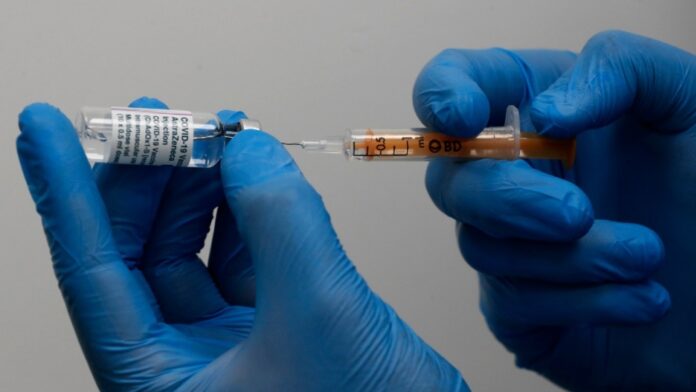Despite “setbacks,” the Oxford-AstraZeneca Covid-19 vaccine succeeded in saving a million lives, according to the CEO of the pharmaceutical firm.
Pascal Soriot, CEO of AstraZeneca, also addressed studies that linked the vaccination to uncommon but serious blood clots.
The vaccine has been age-restricted in many European and Asian countries, and the United States has yet to authorise it.
Mr Soriot was knighted last week as part of the Queen’s Jubilee birthday honours for his services to science.
During a recent visit to Singapore, Mr Soriot, the British-Swedish firm’s chief executive, stated that the vaccine’s rapid development and distribution prevented a million people from dying from COVID-19.
Despite “setbacks,” he added, including concerns about rare but severe blood clots that surfaced last year.
The vaccine was developed in partnership with the University of Oxford by AstraZeneca. As governments raced to prevent the growing incidence of coronavirus infections, the UK was the first to approve it in December 2020.
In the United Kingdom, about half of the adult population has gotten two doses of the vaccine, which is thought to have saved more lives than the Pfizer and Moderna vaccines combined.
After the AstraZeneca jab was related to exceedingly rare blood clots, UK regulators recommended it for over-40s last year.
Many other European countries, on the other hand, have stopped using the vaccination. When European Union (EU) regulators concluded that the benefits outweighed the risks, they relaxed their prohibitions and placed age restrictions on the jab.
As a result of the restrictions, AstraZeneca’s vaccine is now approved for a narrower population than numerous other COVID vaccinations.
The vaccine’s use as a “third dose booster” for adults was just recently approved by EU regulators.
Despite the fact that the vaccine may be properly stored for up to six months in the refrigerator, numerous African countries have destroyed or returned their inventories, claiming they could not use the vaccine before it expired.
Because the disease was growing endemic, AstraZeneca announced in November that it would stop delivering its Covid vaccination to countries on a not-for-profit basis. Poorer countries will continue to receive the vaccine on a non-profit basis.

















